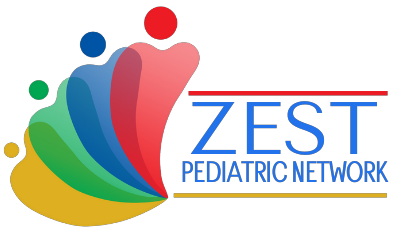WHY WINTER FEELS HARDER – BECAUSE IT REALLY DOES.
Winter can quietly disrupt a child’s mood, energy, and emotional regulation. In this month’s Integrative Insights, Dr. Keili Mistovich explores why winter feels harder for so many kids—and offers practical strategies around light, movement, nutrition, and sleep to help families restore balance during the coldest months.
GUT HEALTH BASICS: A STEADY PLACE TO START THE NEW YEAR
After the holidays, a lot of kids feel a little more “off”—stomach aches, constipation, mood swings, sleep disruption. This month’s Integrative Insights is a steady, no-extremes guide to gut health, with a simple “start here” action step you can try this week.
Your Child’s Winter Immune Blueprint
Cold and flu season is officially here — but your child’s immune system doesn’t have to struggle through it. This month, we break down the simple daily habits that make the biggest difference: food, sleep, movement, stress, and a few smart supplements. No gimmicks. No “immune boosters.” Just real, practical guidance you can use today.
Keeping Our Children Healthy During Cold& Flu Season
Fall brings crisp air, changing leaves… and plenty of germs. Discover practical ways to keep your little ones healthier this season—and remember, your pediatrician is always on your team.
Trick or Treat! How Much Sugar is Too Much?
Worried about sugar this Halloween? The good news: candy won’t actually make your kids “wired.” Get practical tips for setting limits, staying safe, and still having fun.
Taming Inflammation
Inflammation isn’t just about sore throats or sprained ankles. Low-grade, chronic inflammation can quietly affect your family’s energy, focus, and long-term health. The good news? Small, daily habits in food, exercise, and sleep can make a big difference.
Welcome to Integrative Insights at Zest!
Introducing Integrative Insights - a new feature from Zest about integrative medicine for children.
Now Zest Membership Qualifies for Pre-Tax Dollars – What Could Be Better?
Thanks to the recently passed Primary Care Enhancement Act, starting January 1, 2026, families will be able to pay for Zest Pediatrics membership using tax-free dollars from Health Savings Accounts (HSAs). That’s right—your monthly membership fee for personalized, relationship-based pediatric care can now be HSA-eligible, saving you hundreds of dollars a year!
Tick Bites and Lyme Disease - What You Should Know
Tick bites and Lyme disease - What you Should Know
Go Outside! The Benefits of Outdoor Play for Children
Can you name one thing your kids can do every day that reduces their risk of chronic disease, strengthens their immune systems, reduces stress, and teaches them invaluable skills? Playing outside does all this, and more!
Helping Toddlers Sleep in the Summer: Tips for Sweet Dreams All Season Long
Summer brings sunshine, longer days, and outdoor fun—but it can also disrupt your toddler’s sleep. With the extra daylight, warmer temperatures, and exciting changes in routine, many parents find that their little ones struggle to wind down. If bedtime has turned into a battle, don’t worry—you’re not alone!




















